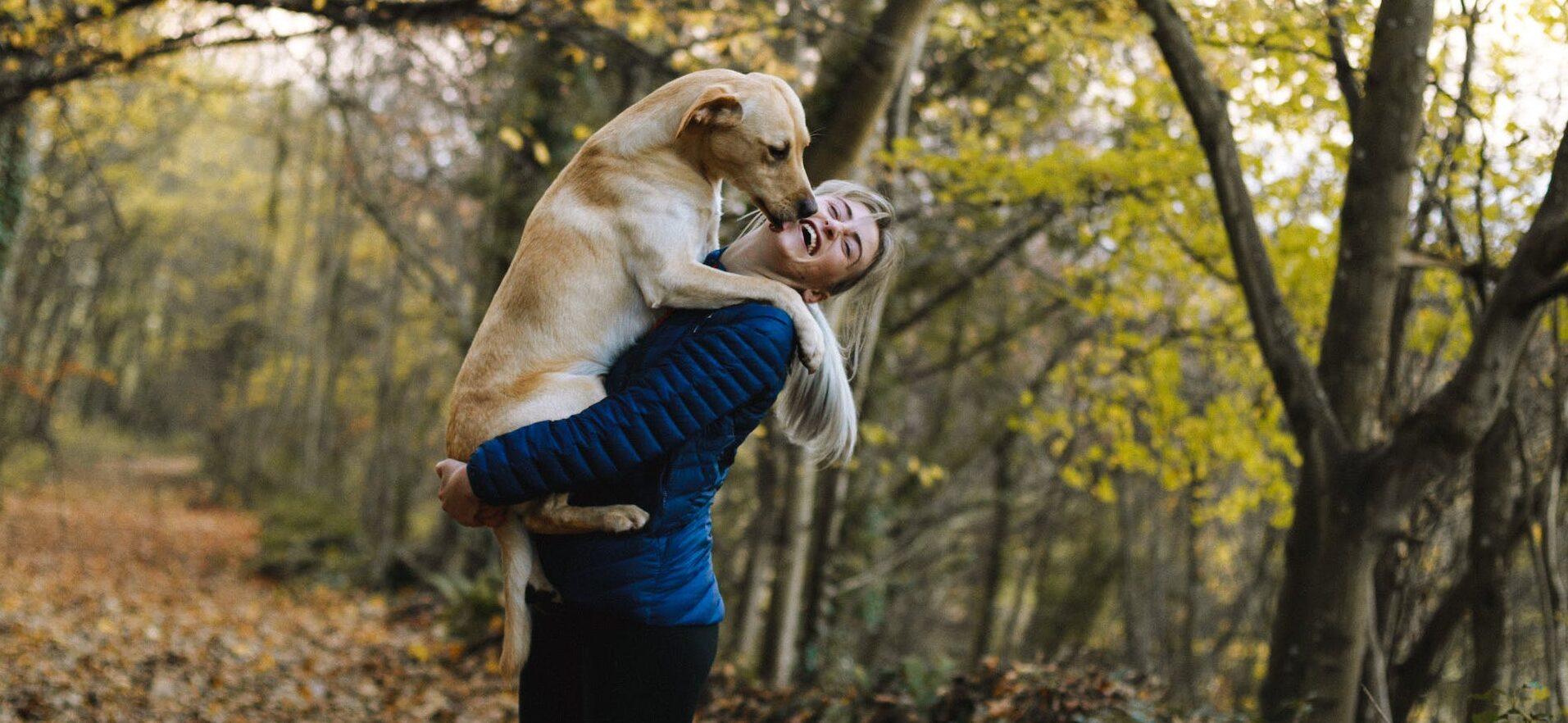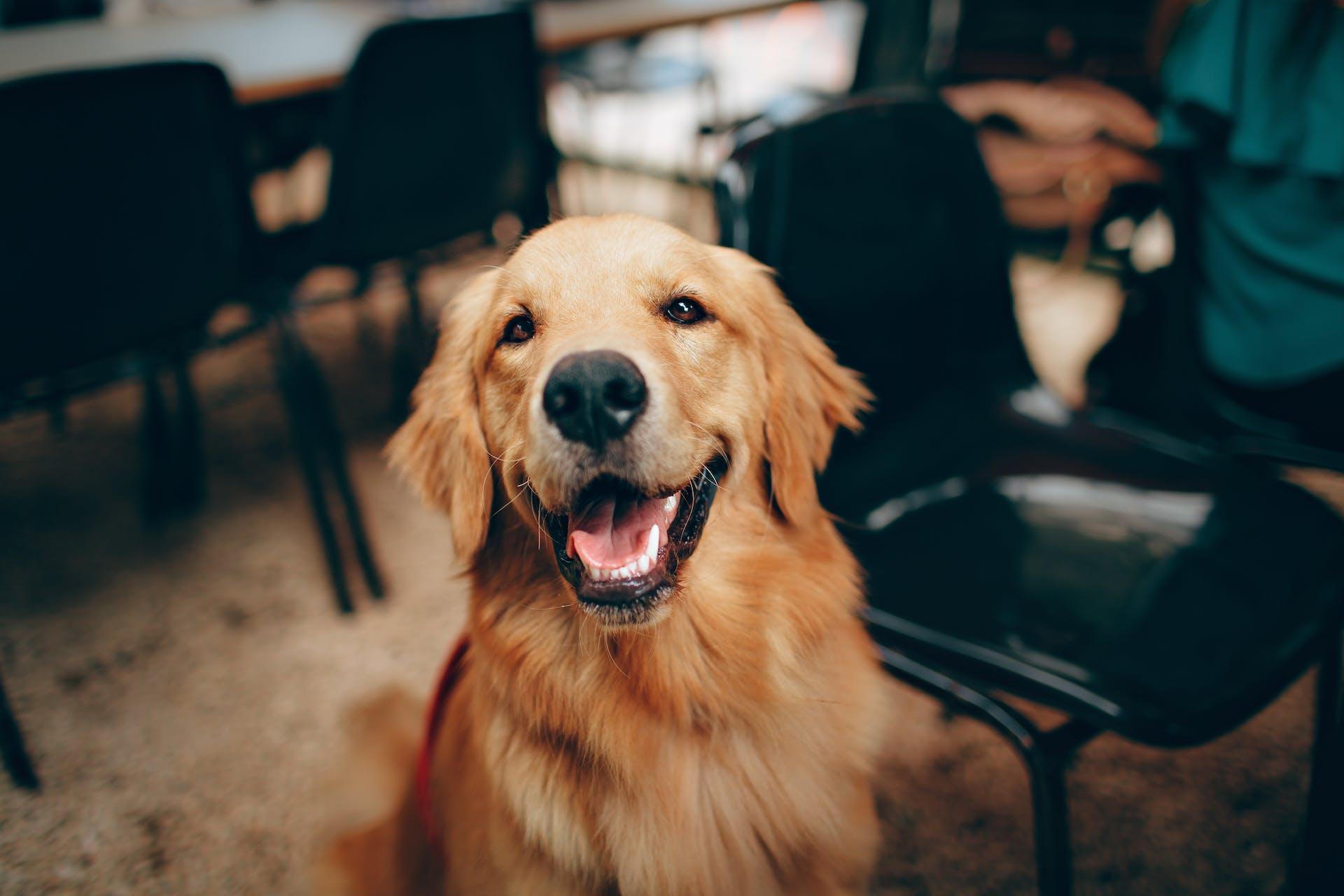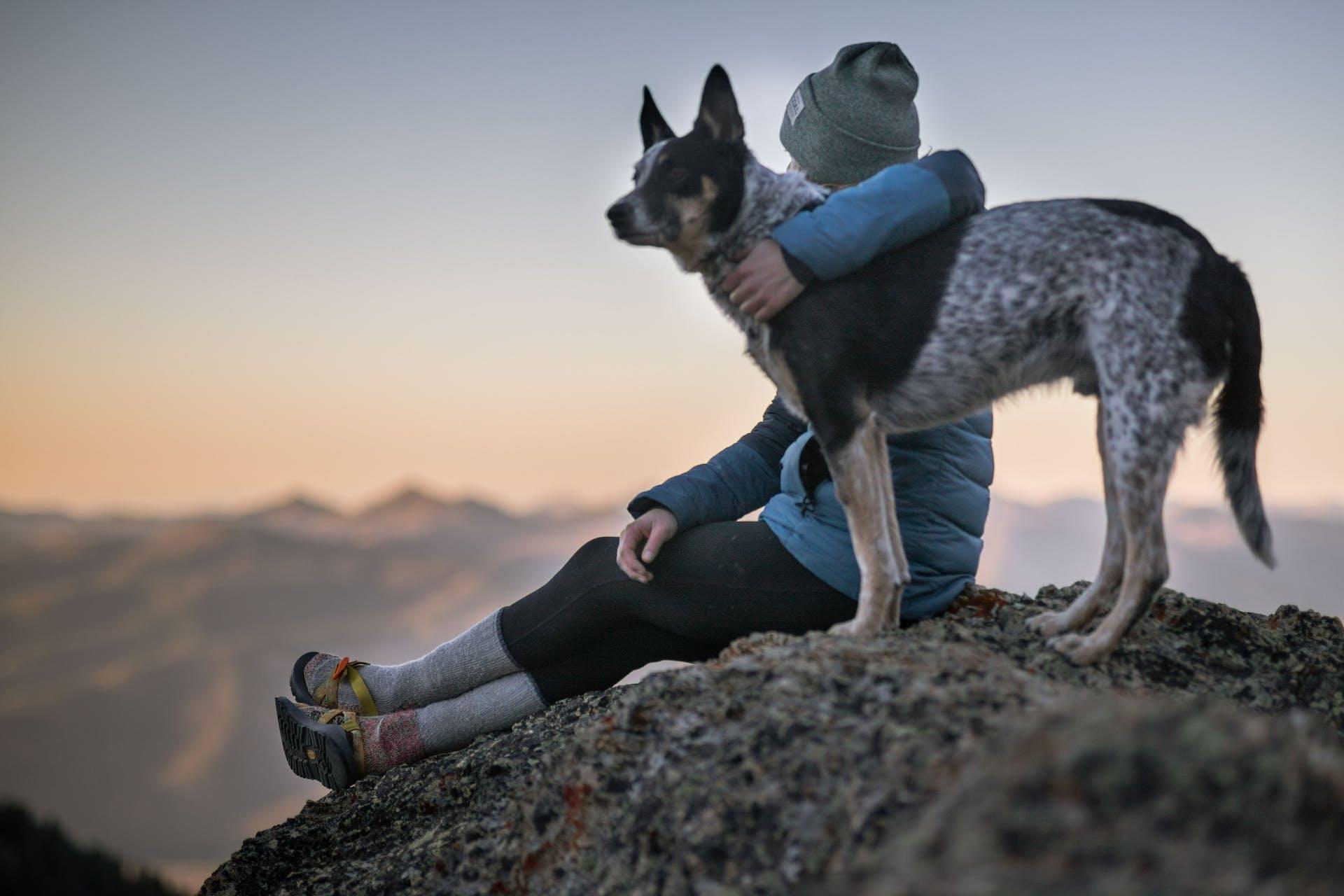Dogs Could Live Longer As Miracle Drug Reaches Major Milestone With FDA Approval
By Afouda Bamidele on November 29, 2023 at 10:45 AM EST

Furry longevity might be a dream come true, and Man's Best Friend could get the chance to be with their pals a little longer.
Loyal, a biotech firm, has disclosed that its conditional approval application for LOY-001, an anti-aging drug, has cleared a key regulatory hurdle with the Food and Drug Administration [FDA] Center for Veterinary Medicine.
The drug, which is still in development, could potentially enhance the lifespan of large dogs and preserve their quality of life during the aging process.
Larger Dogs Could Get A Shot At A Longer, Healthier Life With LOY-001
A dog's lifespan, typically ranging from ten to 13 years, constitutes a small fraction of the average human's, and certain breeds, particularly larger ones, have an even shorter life expectancy. With this in mind, it makes sense that many dog owners would find the concept of extending their beloved companion's life enticing.

To make that dream a reality, Loyal has been working on drugs for canine longevity and recently revealed that its anti-aging drug for dogs has successfully scaled through the initial stages required for approval by the FDA.
Even though the drug is yet to undergo clinical trials, the approval represents a significant development as it marks the FDA's first indication of a potential endorsement for longevity drugs. Speaking on the accomplishment, Loyal CEO Celine Haliou, per Business Wire, stated:
"Loyal was founded with the ambitious goal of developing the first drugs to extend healthy lifespan in dogs. This milestone is the result of years of careful work by the team. We'll continue to work just as diligently to bring this and our other longevity programs through to FDA approval."
The drug, codenamed LOY-001, is an injectable treatment designed to address the growth and metabolism hormone IGF-1. The hormone, which appears to be size-related, comes in higher levels in larger dogs and lower levels in smaller dogs.
Additionally, the drug is tailored for healthy dogs aged seven and older, weighing over 40 pounds, with veterinarians administering it every three to six months.
Ultimately, the FDA's decision for conditional approval of the company's Reasonable Expectation of Effectiveness was grounded in the data provided by Loyal, encompassing studies that illustrated LOY-001's capability to decrease levels of the key biomarker IGF-1 and its favorable influence on functional outcomes in dogs.
In light of this, Linda Rhodes, who is a distinguished expert in the animal health industry and has extensive experience in the development of animal drugs and collaboration with the Center for Veterinary Medicine at the FDA, expressed:
"Loyal's achievement is impressive. Developing a treatment that will increase longevity by reducing age-associated disease is a new indication. No drug has ever been approved with such a claim, and pioneering a new indication through regulatory agencies requires an enormous amount of rigor and persistence. Being the first to bring a treatment for such a challenging indication will be truly historic."

The accolades come two years after TechCrunch reported that Loyal secured $27 million, in a Series A funding round, with Khosla Ventures leading the investment.
The funding also involved participation from Box Group, First Round Capital, The Longevity Fund, Collaborative Fund, and Lachy Groom — all of whom were part of Loyal's earlier $11 million seed round in 2020, along with contributions from a cohort of angel investors.
Veterinarians Previously Issued A Warning About A New Unknown Canine Disease
The news of the miracle drug's closer step to approval is quite a breath of fresh air, given the new mysterious illness that has been around.
Earlier this month, veterinarians issued a warning cautioning dog owners about a newly identified mysterious illness described as "fatal" and "highly contagious." Although research is still ongoing into the mysterious illness, veterinarians pointed out some symptoms for pet owners to look out for.
The symptoms include coughing, nasal and/or eye discharge, and lethargy. Amanda Cavanagh — the section head of the urgent care service at Colorado State University Veterinary Teaching Hospital, disclosed about the disease:
"Instead of that dry cough where the dog felt good, it was now this wet cough where the dog felt sick. We can ultrasound the lungs to see if there is a problem that is related to pneumonia or the contagious pneumonia that seems to be going around."
View this post on Instagram
Wendy Brown, an Idaho resident with three golden retrievers — Bridge, Dooley, and Lulu — has already been through the symptoms with one of her dogs. She detailed about her experience:
"Dooley started doing kind of this huffing and also seemed to feel quite lethargic. Not too long after, Bridge began to exhibit the symptoms. But his were louder, more boisterous. I thought it was his stomach because he made like a retching sound."
When the symptoms, which she initially assumed was the usual kennel cough, did not go away, she brought him to the vet.
"The vet started him on a 10-day cycle of doxycycline. Today was day 10 and he is not a lot better," Brown while admitting that she had no idea what brought about the illness.